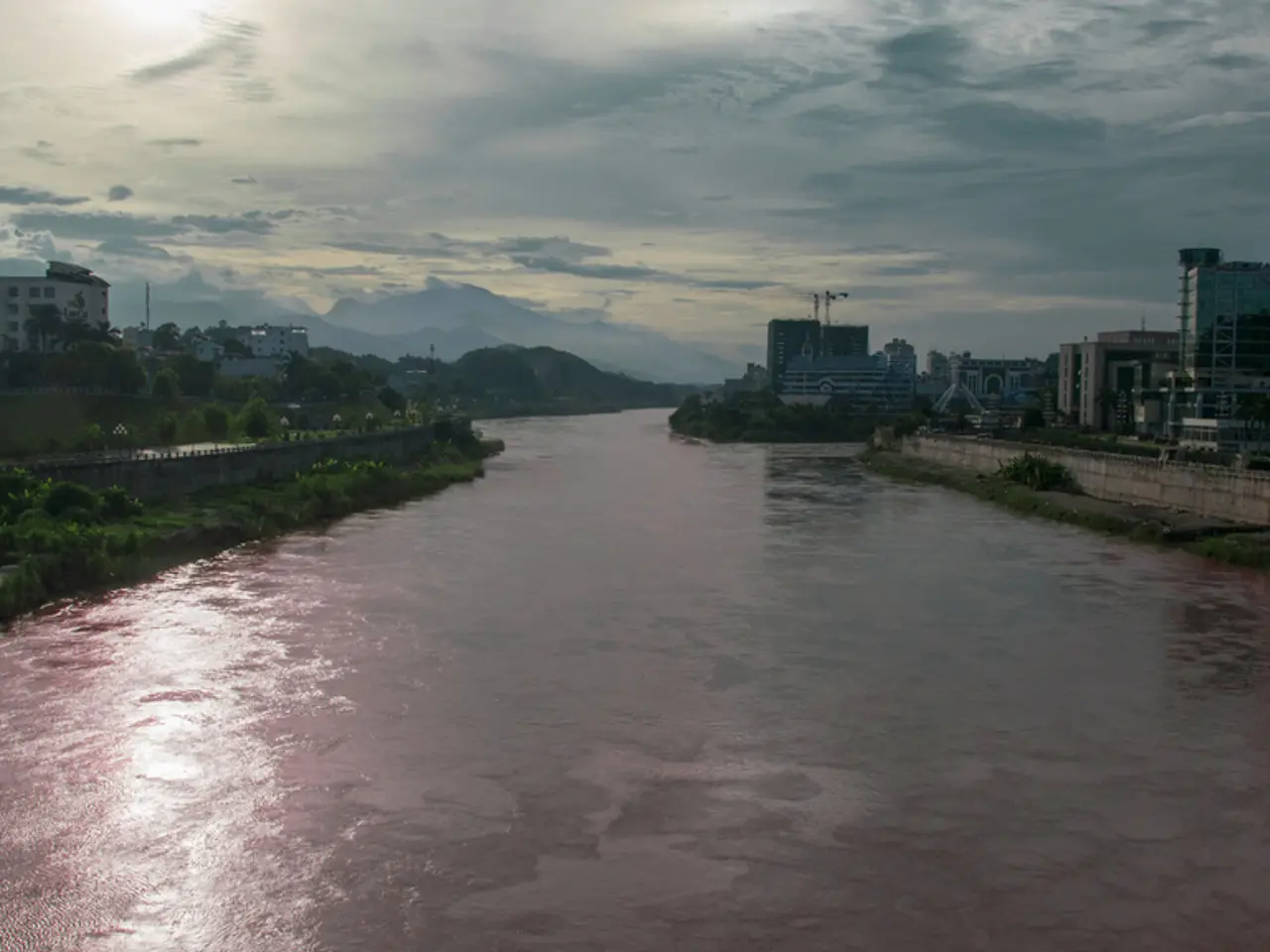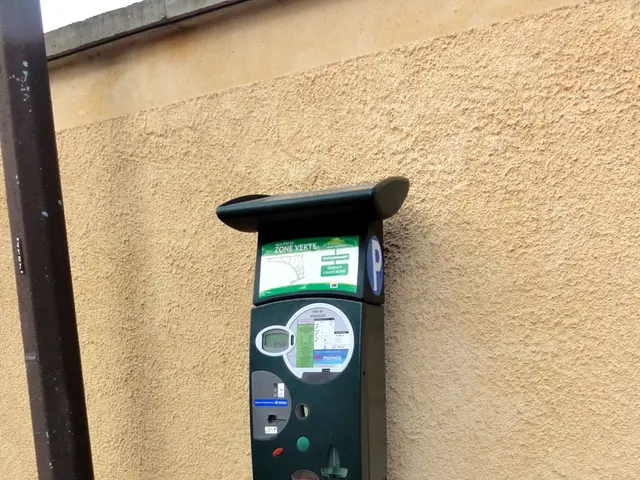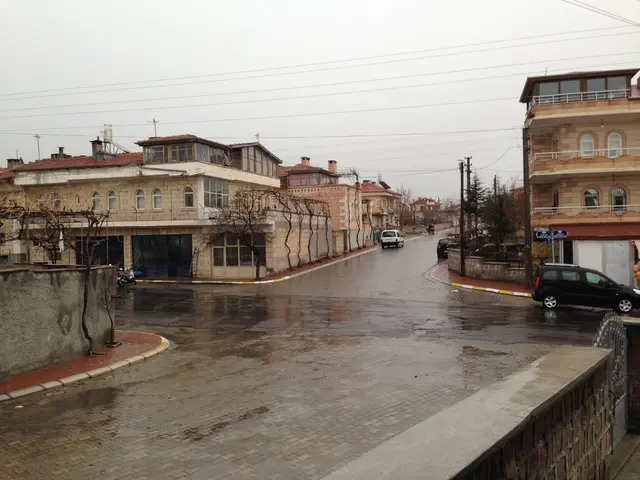Water scarcity looms over significant urban centers in Turkey as the country experiences its driest summer in half a century.
In a worrying development, Turkey is currently grappling with a severe water crisis, affecting several major cities and tourist destinations. The drought and low reservoir levels have led to water supply cuts for several hours daily in cities like Izmir and Bodrum, with the tourist resort of Bodrum also feeling the brunt of the crisis.
However, there are no reports of serious water shortages in the provinces of Bursa, Tekirdag, Usak, or Edirne at this time.
Istanbul, the country's largest city, is particularly affected. Water storage in the city fell to 44% this August, leaving less than four months of supply. Water cuts in central districts, which previously occurred every five days, will now take place every three days.
The situation in Izmir is even more dire. The city's main water source, the Tahtali Dam, has fallen below 7%, with supplies estimated to last about 40 days. The Eksili Reservoir in Antalya has dropped below 5%.
Meteorological data confirms the scale of the crisis, with a 95% decrease in rainfall in the Marmara region in July and a 71% decrease nationwide. This has led to a significant drop in per capita annual water availability, which fell from 1,650 cubic meters in 2000 to about 1,200 today.
The situation is further exacerbated by the impact of mass tourism. A tourist is estimated to consume 700 to 800 liters of water daily, compared to a resident's 220 liters.
In an effort to address the crisis, Mustafa Karanci, head of the Chamber of Geological Engineers in Antalya, has called for a new water law and urgent coordination among ministries. He also pointed out that Turkey's main problem is not the existence of water, but its management.
In some regions, locals are taking matters into their own hands. Farmer Mustafa Ali Gozer in Eksili village emphasized the need to switch to a closed irrigation system to prevent water waste. Another villager pointed out that if leaks in old canals were fixed, the water could last three to four years.
Despite the construction of dams like the Hamzabey Dam in Elazig, which was built in 2012 and filled in 2018, Turkey is currently experiencing its driest summer in more than half a century. The Hamzabey Dam, which was promised to secure the city's water needs until 2040, has already dried up.
The crisis is not limited to urban areas. In Tekirdag, the Naip Dam is already empty. In Usak, the Kucukler Dam has dried up, leaving the city to rely on underground wells. In Edirne's Kesan district, Kadikoy Dam fell below 1%. The municipality is drilling emergency wells to meet demand.
As the crisis deepens, Karanci warned that Turkey is moving toward becoming a "water-poor country." This stark warning underscores the urgent need for effective water management and coordinated action to address this critical issue.




